Delivering impact from our research
EPSRC Impact Acceleration Accounts (IAAs) are accelerating the impact of Engineering and Physical Sciences research to deliver economic and societal benefits

EPSRC’s Impact Acceleration Accounts (IAAs) help deliver new innovations that benefit society, form successful businesses, and offer economic and social returns built on the UK's fundamental engineering and physical sciences research base. IAAs are complementary to other investment routes along the innovation cycle and aim to promote rapid movement of knowledge and emerging outcomes between universities, businesses, and other organisations.
Through EPSRC investment of over £105 million in IAAs since 2017 and a planned further £60 million committed for 2022 – 2025, a collaborative environment has emerged where new ideas and innovative approaches are nurtured to further knowledge exchange and to respond to emerging priorities either at a local, national, or international scale.
EPSRC IAAs take the form of block grants based on competitively-won research portfolios that are managed locally by institutions. This allows institutions the freedom to align the funding to their existing strategies and use their IAA allocations to complement other funding streams to push forward engineering and physical sciences research. This flexible funding mechanism also allows for the rapid deployment of funds, to respond to emerging opportunities and adopt a fast-failure approach to innovation.

IAAs help support a broad range of impact activities
EPSRC IAAs deliver a UK-wide impact. Through case studies and 2017-2020 monitoring data (representing £60 million investment), we highlight how the IAAs are strengthening user engagement to accelerate the translation of research outputs into impacts; commercialising research outputs to progress them towards the next stages in the impact pipeline; building capabilities within institutions to nurture an impact culture; and developing strategic partnerships across disciplines and sectors.

A UK-wide impact
IAA funds are distributed between 36 institutions across all regions of the UK. Many of the impact activities bring inward investment into the regions, promoting economic and social growth to help level up the UK. IAAs also act as mechanisms to engage the public with research, empowering local communities to help shape future research, and discover projects that could impact their lives and communities.
IAA funding has created 847 jobs nationally. Much of this permanent employment is created as a result of initial IAA placements within organisations, set up to help further knowledge exchange.
IAA award holders also saw an additional £95 million of commercial R&D investment into their institutions, which brings direct benefits to the region. 11% of this investment originated from Small and Medium-sized Enterprises (SMEs).
The IAA has enabled us to promote and facilitate engagement between researchers and a wide range of organisations in the region, with mutually beneficial results.

Distribution of 2022-2025 IAA funding per region
Strengthening engagement
The flexibility of IAAs supports institutions to engage with industry, government, and the third sector. This engagement helps identify opportunities and informs future research. For example, an IAA-funded secondment at Durham University allowed a PhD student to work collaboratively with SME Intelligent Gels to progress key research challenges, whilst also developing the researchers’ commercial experience through working with an industrial partner.
The IAAs encourage institutions to engage with all parts of society. This is often carried out through public engagement activities that play a key role in increasing the societal value of research and allows everyone to contribute and benefit from the world-leading research taking place in the UK.
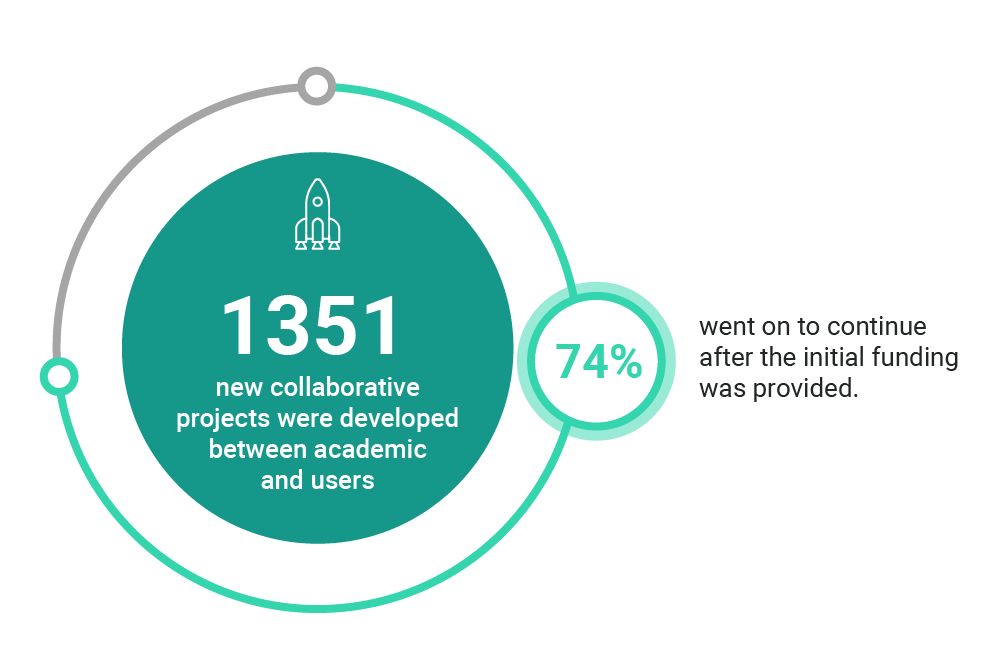
Decarbonising Transport through Electrification
IAA funding has been used at Cardiff University to hold the Decarbonizing Transport through Electrification summit event which brought together key UK policymakers, industry partners, and funders to discuss challenges and opportunities in delivering decarbonisation for vehicles, aircraft, maritime, and aviation. This event laid the foundation for a £1 million funded network, consisting of 16 industrial partners including the National Grid and Aston Martin, 5 universities and the Welsh government. The network has funded 10 projects, collaborated on multiple international projects, and hosted a number of webinar series to address the challenges of implementing an electrified, cost effective and holistically operating transport sector for the UK.

The Halléoojamaflipaphone
Musicians from the Hallé Orchestra have worked together with researchers from The University of Manchester's School of Electrical & Electronic Engineering, to create a new electronically controlled acoustic instrument called the Halléoojamaflipaphone. The instrument enables an inclusive approach to composition, allowing schoolchildren and people with dementia to participate in creating music alongside the Hallé Orchestra, whilst exposing them to the wonders of engineering. This instrument now features in many of the Hallé’s Education programmes, which reaches 30,000 students each year, and also led to the development of teaching resources that encourage an appreciation of how science and engineering come together to make a difference in the world around us.
Commercialising research
IAA supported start-up accelerators such as the University of Southampton’s Future Worlds help the next generation of aspiring founders change the world with their ideas. An EPSRC-funded PhD student and IAA Research Fellow discovered a novel technology that sustainably converts CO2 into versatile materials. The support provided at Future Worlds enabled the student to form ViridiCO2, a successful spin-out which has recently raised just under £1 million.
Over the IAA reporting period (2017-2020):
· 672 proof of concept projects supported
· 383 market assessments took place
· 1236 prototypes produced
· 162 licensing agreements occurred
· 483 patents filed
Impact Acceleration Accounts are highly effective at unlocking private sector investment in innovation.
·
IAAs play a key role in generating investment from the private sector. Researchers who received funding from IAAs have established 94 spin-out companies, which are active in major economic sectors. IAA-supported activities attracted £104 million of investment in commercialisation activities from the private sector.
IAAs are great at generating additional income for universities. Since 2017, £33 million has been generated for institutions through IAA related commercialisation activities. It’s fantastic to see this income being re-invested into knowledge exchange activities to further support the innovation ecosystem
Ultrasonic wave phenomena
Ultraleap, a spin-out company at the University of Bristol, has raised over £60 million in investment and employs 41 people. IAA funding was initially used to develop refined prototypes and create plans to commercialise the technology allowing the company to apply for an initial £600,000 seed round of investment. EPSRC-funded research on ultrasonic wave phenomena now has the potential to be licensed into a diverse array of markets including consumer electronics, home appliances and the automotive industry.

UK’s capacity for ventilator production
In response to the Government initiated UK Ventilator Challenge, a collaboration between the University of Oxford and Kings College London looked to address ways to increase the UK’s capacity for ventilator production. The flexibility of IAA funding allowed for a rapid response to this emerging opportunity and enabled the coordination of prototype design, upscaling projects, and a trial manufacture run. This led researchers to set up the social enterprise spin-out Oxvent Ltd, which is now exploring ways to license the OxVent ventilator design for international deployment during the COVID-19 pandemic and beyond.
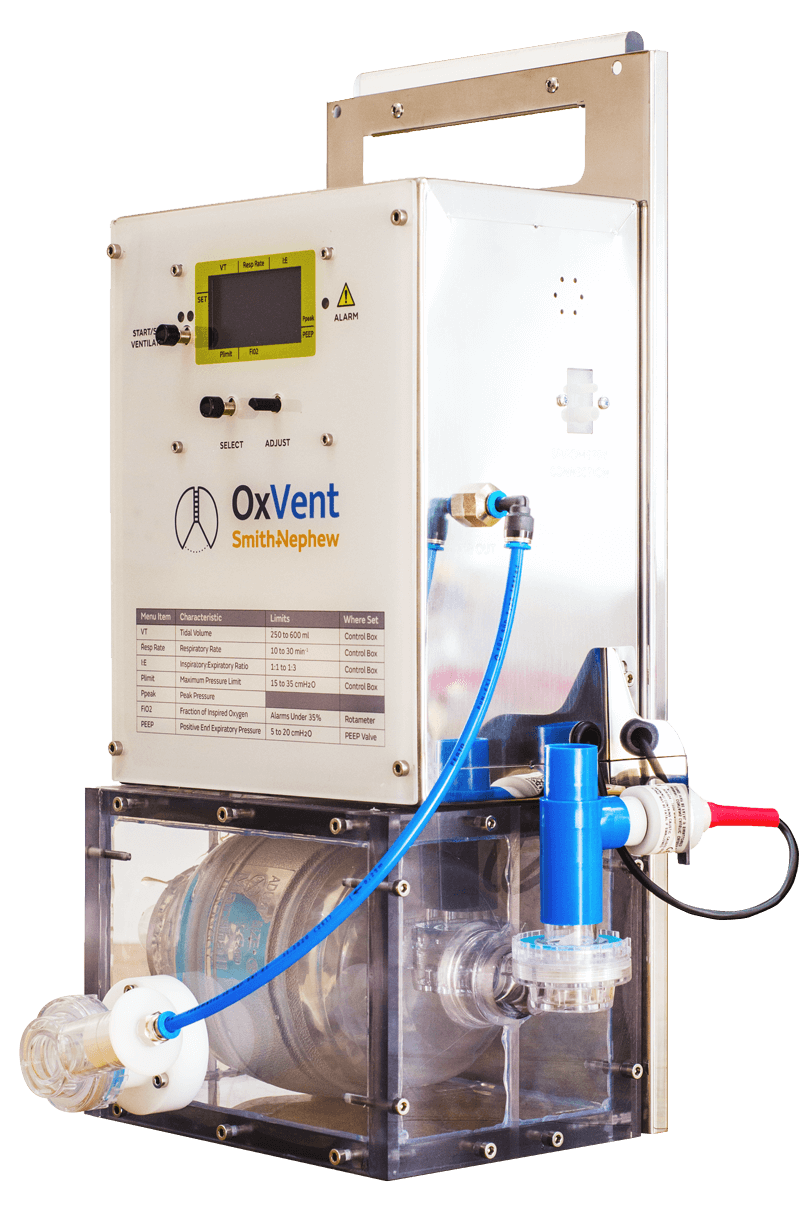
Building impact capability
The IAAs help develop a healthy culture that values and nurtures impact, through a range of activities. From enhancing capacity for Responsible Research and Innovation to helping develop impact literacy through capacity building impact schemes, the IAAs help develop a culture that encourages effective knowledge exchange.
Universities are also working hard to embed Equality, Diversity, and Inclusion (ED&I) principles into their practice. The IAAs have supported a range of ED&I projects, including The Inclusive Innovation Network led by The University of Manchester. The network aims to help increase the proportion of under-represented groups within the innovation landscape through targeted support, mentoring and training opportunities.
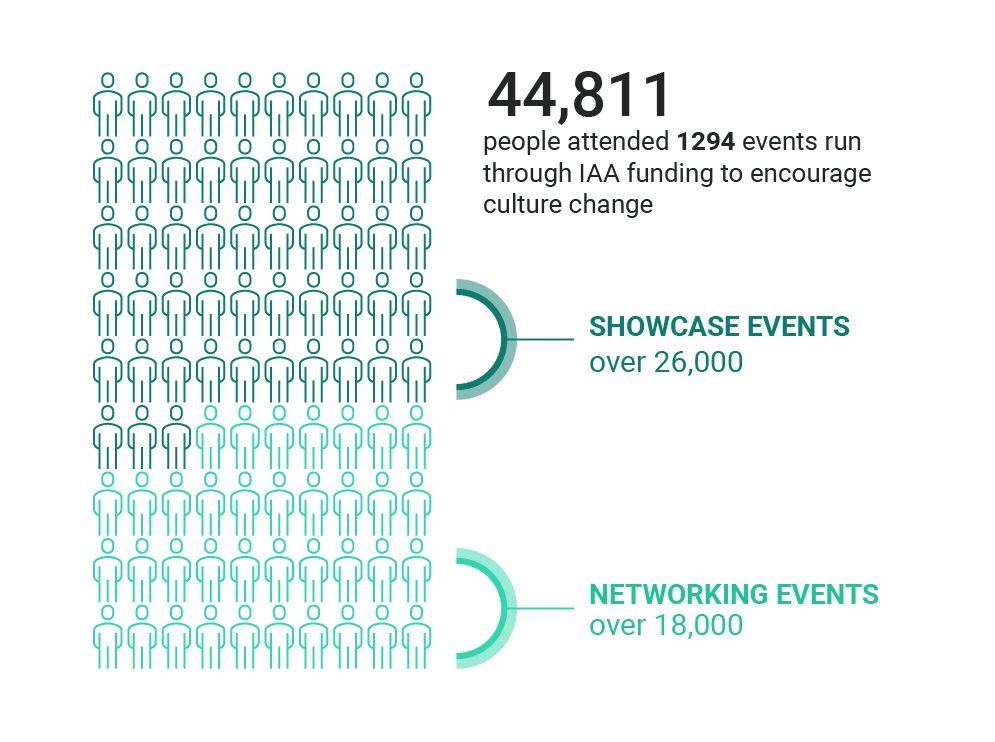
Since 2017, 14,000 academic staff have engaged with the IAAs, with over 8,000 attending training events. This broad reach will ensure the impact of these schemes will be felt well after the funding is complete, by embedding a culture that enables academics to expand the reach of their research outputs and consider impact at all points of the research process.
IAA Impact Festival
IAA award holders in Scotland (Universities of Edinburgh, Glasgow, Heriot-Watt, St Andrews, Strathclyde) have taken a collaborative approach to IAA management. The IAA managers organise a joint annual IAA Impact Festival, which contributes to a broader impact culture and helps to form relationships that build capacity for cross-institution impact collaborations. An example is the strong relationship between the Universities of Edinburgh and Herriot-Watt which enabled researchers to collaborate on the development of flexible, wireless pressure microsensors. IAA funding for industry engagement has led to the technology being utilised in high-performance sportswear manufacturing. This industrial and institutional support allowed the researchers to patent the technology to target new markets.
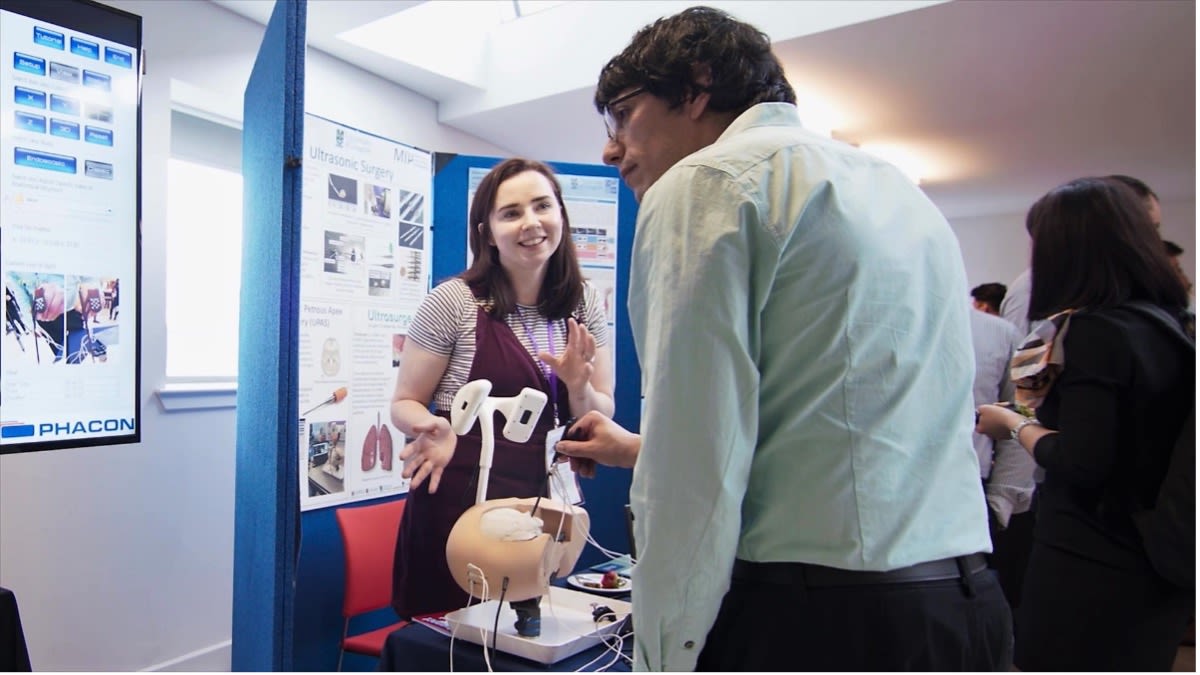
The IAA festival seeks to provide training and inspire ways to work with external partners to expand collaboration which leads to impact between researchers, academics, industry, charities and Government.
Impact fellowships
An IAA-funded fellowship programme at University College London (UCL) helps develop researcher’s engagement skills, expand external networks, and deliver impact-driven outputs. The UCL Policy Fellows programme provides opportunities for UCL researchers to gain experience within a policy-focused organisation and to use their research skills in a policy context. A research associate, whilst at DEFRA, looked at the barriers and benefits of moving towards a circular economy. The final report, originally prepared for the department, went on to inform the department's policy paper that reinforced the UK’s commitment to moving towards a more circular economy. Experience gained from these fellowships has led to UCL securing a £3.9 million Research England award titled Capabilities in Academic Policy Engagement, which shall work closely with the EPSRC IAA Policy Fellows programme.

Supporting strategic partnerships
The IAAs enable strategic partnerships to be formed and developed at a regional, national, and international scale. These partnerships allow for research to be co-designed with industry, government and third sector institutions, to ensure the benefits of research specifically relate to issues faced by the partners.
Over the reporting period, the IAAs facilitated 407 secondments. These have helped develop more sustained partnerships and allowed researchers to identify opportunities and apply their research to real-world challenges. For example, a secondment between The University of Edinburgh (UoE) and FUJIFILM Diosynth Biotechnologies (FDB) accelerated the establishment of a strategic relationship by identifying areas for collaboration and showcasing UoE capabilities.
Further EPSRC IAA project development workshops helped with the co-creation of proposals and has led to 9 successful projects. This partnership has now grown in strategic importance and has secured an £8.7 million EPSRC Prosperity Partnership, whilst also seeing significantly increased private investment to increase FDB’s manufacturing capacity.
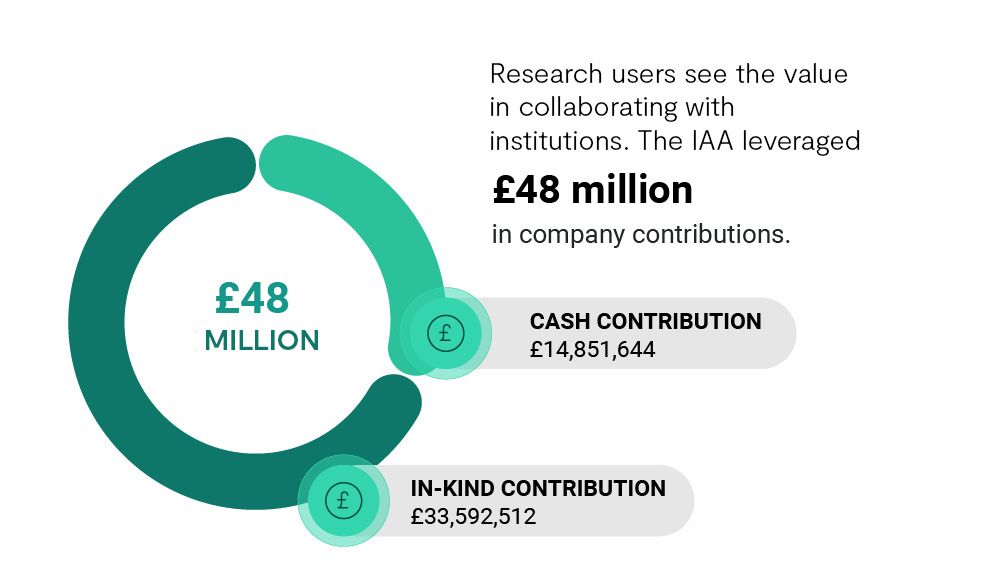
IAA funding has been invaluable in growing partnerships and maturing projects towards other sources of funding
Water Innovation and Research Centre
At the University of Bath, the IAA played a crucial role in shaping their partnership with Wessex Water, providing funding for projects addressing key challenges faced by the water industry. This funding helped the partners to form the Water Innovation and Research Centre at Bath, which initially brought in £3 million cash and £1.5 million of in-kind funding. On-going IAA funding has strengthened the existing partnership, which has generated more than £8 million of new projects, and assisted in the formation of the GW4 Water Security Alliance, the UK's largest water research consortium.
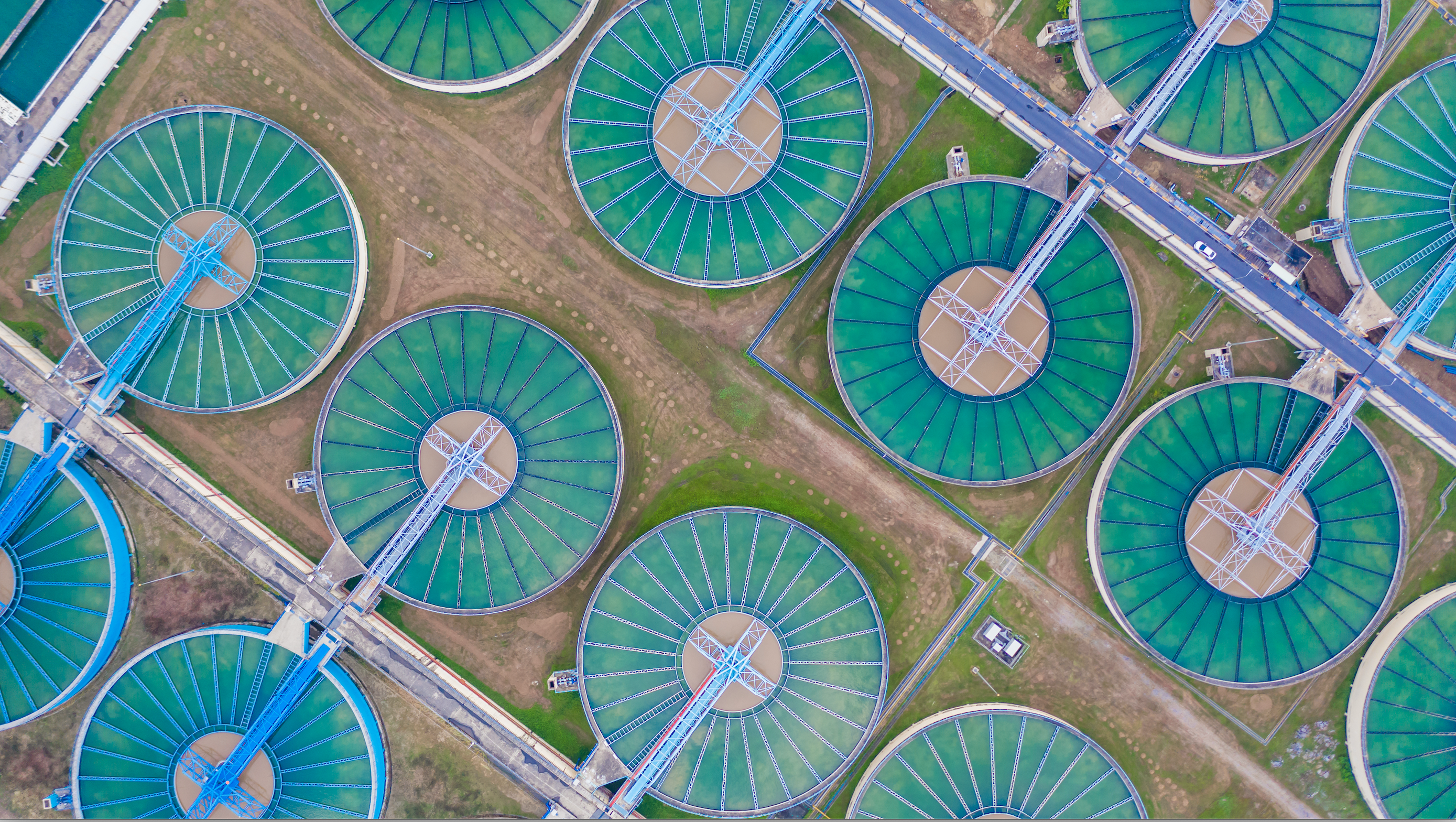
Developing prototypes and utilising key technologies
At the Oxford Robotics Institute, the IAA has supported partnerships and trials of new technologies with industrial partners. The IAA was pivotal in developing prototypes and utilising key technologies which led to the commercial success of the spin-out Oxbotica which employs 170 staff and has a turnover of £20 million. The IAA enabled the team to explore diverse uses of its technology and facilitated its engagement with the UK Space Agency which resulted in its code being licensed for the EXOMARS project.
Further information about EPSRC IAAs and how you can apply
The information in this communication was drawn from the 2017-2020 IAA monitoring exercise and reflects the activities that took place during this reporting period.
